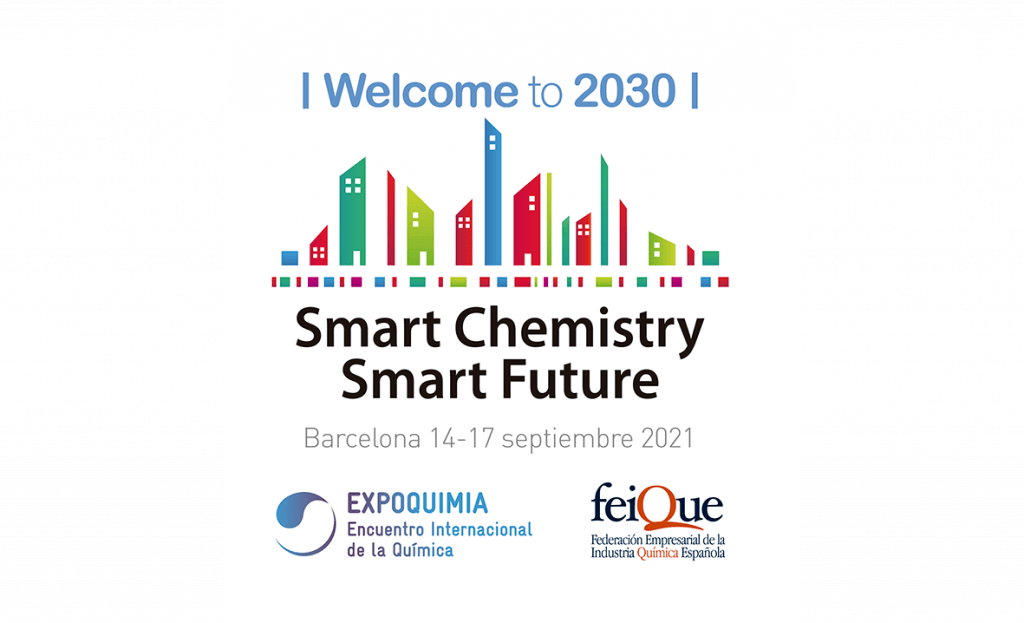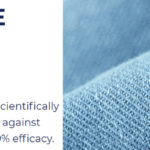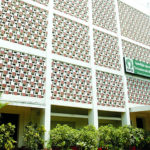 Madrid – The Smart Chemistry Smart Future project , led by the Business Federation of the Spanish Chemical Industry (Feique) and Fira de Barcelona will develop its third edition, within the framework of Expoquimia from September 14 to 17, 2021 The space will have as a common thread the indispensable contribution of the chemical industry in the development of innovative solutions to address the challenges posed by the Sustainable Development Goals of the UN 2030 Agenda.
Madrid – The Smart Chemistry Smart Future project , led by the Business Federation of the Spanish Chemical Industry (Feique) and Fira de Barcelona will develop its third edition, within the framework of Expoquimia from September 14 to 17, 2021 The space will have as a common thread the indispensable contribution of the chemical industry in the development of innovative solutions to address the challenges posed by the Sustainable Development Goals of the UN 2030 Agenda.
Precisely, on September 25, the SDGs celebrated 5 years of their approval, which was also celebrated by Smart Chemistry Smart Future through a video that shows the commitment of chemistry to these great global challenges to achieve a more prosperous future, sustainable and fair for all. (Watch below).
Smart Chemistry Smart Future Expoquimia 2021
The Smart Chemistry Smart Future project, which has the participation of leading companies and organizations in the sector, will host in its space of more than 2,000m 2 in the Expoquimia Hall, with an exhibition as the nerve center. This exhibition area will show the most cutting-edge technological advances and innovations in which the sector is working to respond to the main challenges of the future in four key areas, all of them included in the SDGs: Circular Economy, Energy Transition and Climate Change. Health and Food and Digitization and Industry 4.0 (Smart Digital Solutions).
The chemical sector, as a leading industry in R + D + i, develops innovative and pioneering technological solutions that respond to the global demands of society and contribute to promoting the mitigation of climate change or advancing in the sustainable future that we all want. Likewise, the chemical sector is also one of the main engines of the Spanish economy due to its consolidated growth trajectory, high capacity to generate wealth and quality employment, its leadership in investment in R & D & I, its high internationalization and capillarity in foreign markets, all of them key competitive factors.
All this will be evident in Smart Chemistry Smart Future through different proposals for activities, events and an exhibition area, in which the focus will be placed on the different cutting-edge projects that companies in the chemical sector are carrying out in strategic areas. For this, Smart Chemistry Smart Future will be divided into four thematic axes:
- Circular Economy – Chemistry promotes the efficient use of resources through the use of alternative raw materials (including those of biological origin), the development of bioproducts and the reuse, recycling and recovery of waste throughout the chain of value, thus contributing to the Circular Economy. Through its products, materials, processes and services, chemistry innovates in chemical recycling, the bioeconomy, the capture and conversion of CO 2 for use as raw material or the management, treatment and reuse of water.
- Energy Transition and Climate Change – To move towards a truly carbon-neutral economy and curb climate change, chemistry provides materials and applications that allow increasing efficiency and energy savings in multiple applications ranging from industrial processes to insulation of buildings or mobility sustainable. In this area, energy storage, the optimization of renewables and energy efficiency are key areas of chemical innovation in the coming years.
- Health and Food – Faced with a growing world population that will reach 8.5 billion people in 2030, the challenge is to guarantee access to food and health for all, which includes new, more efficient agricultural production methods, the use of medicine intelligent and personalized to guarantee a greater expectancy and quality of life, in addition to the management and reduction of food loss and waste at a global level. The contribution to food, health and hygiene are among the main contributions of chemistry to people’s lives.
- Digitization and Industry 4.0 (Smart Digital Solutions) – The digital transformation of industrial processes is transforming the industry as we know it. Therefore, the chemical sector is investing significant efforts to adapt to new technologies and continue offering solutions to other productive sectors. The connected industry allows a more personalized and also more sustainable and intelligent production, with more refined and controlled production processes. Smart factories, 3D printing, the IoT or Big Data are key aspects that are transforming the way of producing.
Smart Chemistry Smart Future has the support of the leading companies and organizations of the Spanish Chemical Industry
In the 2021 edition, Smart Chemistry Smart Future will have the participation of the main companies and organizations of chemistry such as: the Chemical Business Association of Tarragona (AEQT), BASF in Spain, Bondalti, Metallic Carbides, Cepsa, the Chemical Cluster of Tarragona (ChemMed), Covestro, Ercros, Grupo Industrias Químicas del Ebro, Inovyn Spain, Panreac AppliChem, Association of Chemical Companies of the Valencian Community (Quimacova), Quimidroga, and Solutex. Likewise, it will have the collaboration of Ainia, the Center for Industrial Technological Development (CDTI), Siemens, the Chemical and Society Forum, SusChem Spain and ChemSpain.





